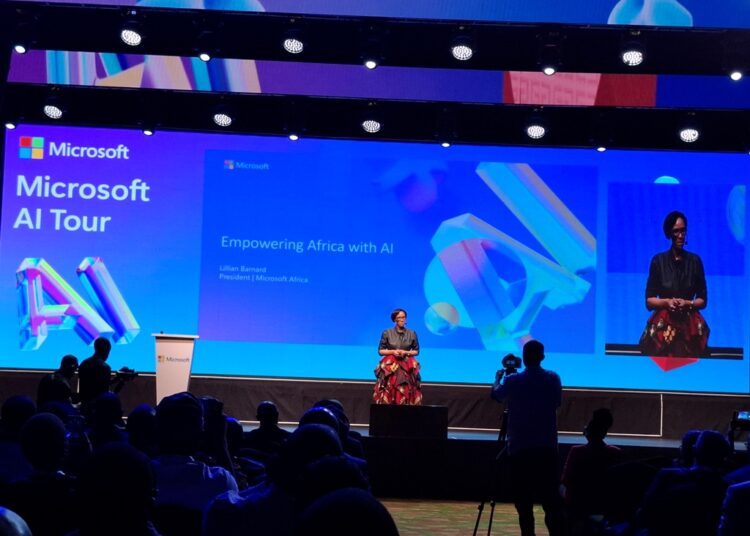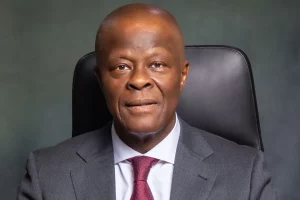
As Nigeria positions itself to harness the potential of artificial intelligence (AI) in driving economic growth, local edtech firm Product Hub Africa is taking bold steps to equip the country’s youth with the necessary skills.
Through its STEM-focused initiative, Stem-A-School, the organization has already trained over 3,000 students in science, technology, engineering, and mathematics (STEM)—a critical foundation for building an AI-ready workforce.
The founder of Product Hub Africa and Stem-A-School, Victoria Oladosu, at the 2025 STEM Conference held at Nile University, Abuja, emphasized the urgency of investing in future talent.
“AI is projected to contribute over $15 billion to Nigeria’s economy by 2030. But without a skilled workforce, that growth is just a projection,” she said.
The conference brought together students and industry professionals in robotics, aerospace, and AI, underscoring the need for strategic collaboration between educators and innovators.
Nigeria’s National AI Strategy draft outlines a plan to train 70 per cent of the country’s youth (ages 16–35) in AI-related skills, with a goal to reduce unemployment by five percentage points. With a median age of just 18, the nation sees its youth as a key driver of digital transformation.
Oladosu’s initiative aligns with these national objectives by delivering hands-on STEM training to students across both tertiary and pre-tertiary institutions. “We’re not just running workshops—we’re creating access to opportunities that can change the trajectory of young lives,” she noted.
Beyond the North, the edtech firm is now expanding its outreach. In May, it plans to visit six universities in Osun State—including Obafemi Awolowo University and Redeemers University—to further upskill students in STEM disciplines.
“When we talk about the future of AI in Nigeria, we must start with education. A workforce skilled in STEM is the backbone of any thriving tech ecosystem,” said the dean of the faculty of computing at Nile University, Joshua Abah.
Other speakers at the conference echoed the call for urgency, stressing that Africa must not miss out on the fourth industrial revolution.





